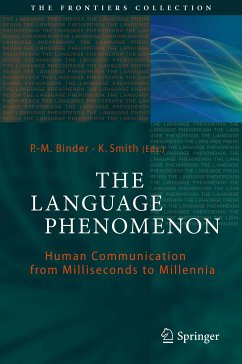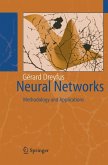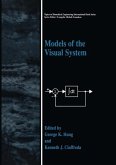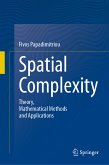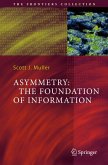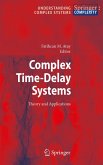Dieser Download kann aus rechtlichen Gründen nur mit Rechnungsadresse in A, B, BG, CY, CZ, D, DK, EW, E, FIN, F, GR, HR, H, IRL, I, LT, L, LR, M, NL, PL, P, R, S, SLO, SK ausgeliefert werden.
"The Language Phenomenon: Human Communication From Milliseconds to Millennia ... aims to present 'topics in a manner accessible also to scientifically literate non-specialists wishing to gain insight into' areas with which they may not be familiar. ... the psychologist who wishes to broaden his or her perspective beyond psycholinguistics will find much food for thought in this volume. ... the authors have successfully reached their goal of introducing the 'scientifically literate' reader to 'the language phenomenon.'" (John G. Benjafield, PsycCRITIQUES, Vol. 58 (44), October, 2013)
"The author does a credible job on describing the biological, sociocultural, anthropological, psychological, and linguistic origins and manifestations of human language. ... The book will be of use to linguists, psychologists, biologists, and anthropologists working in this field." (Joseph J. Grenier, Amazon.com, September, 2013)

